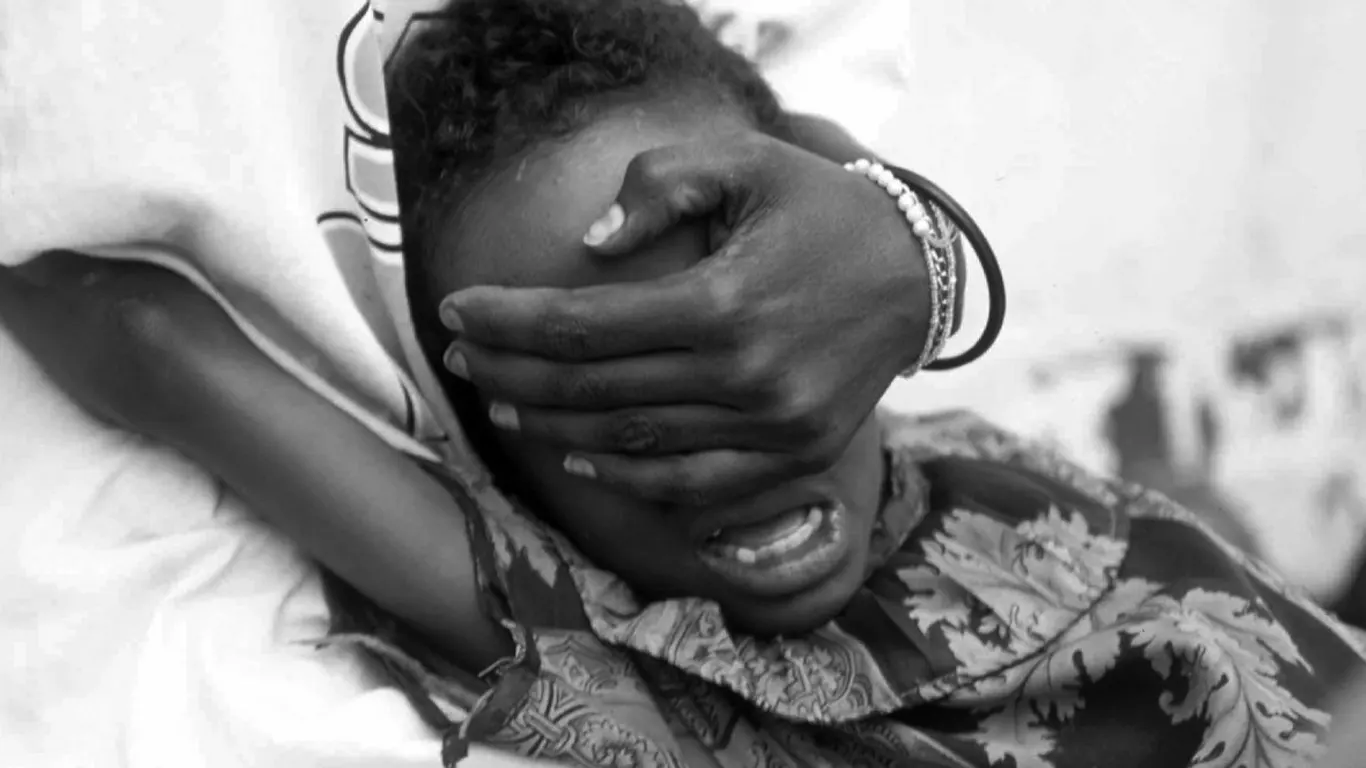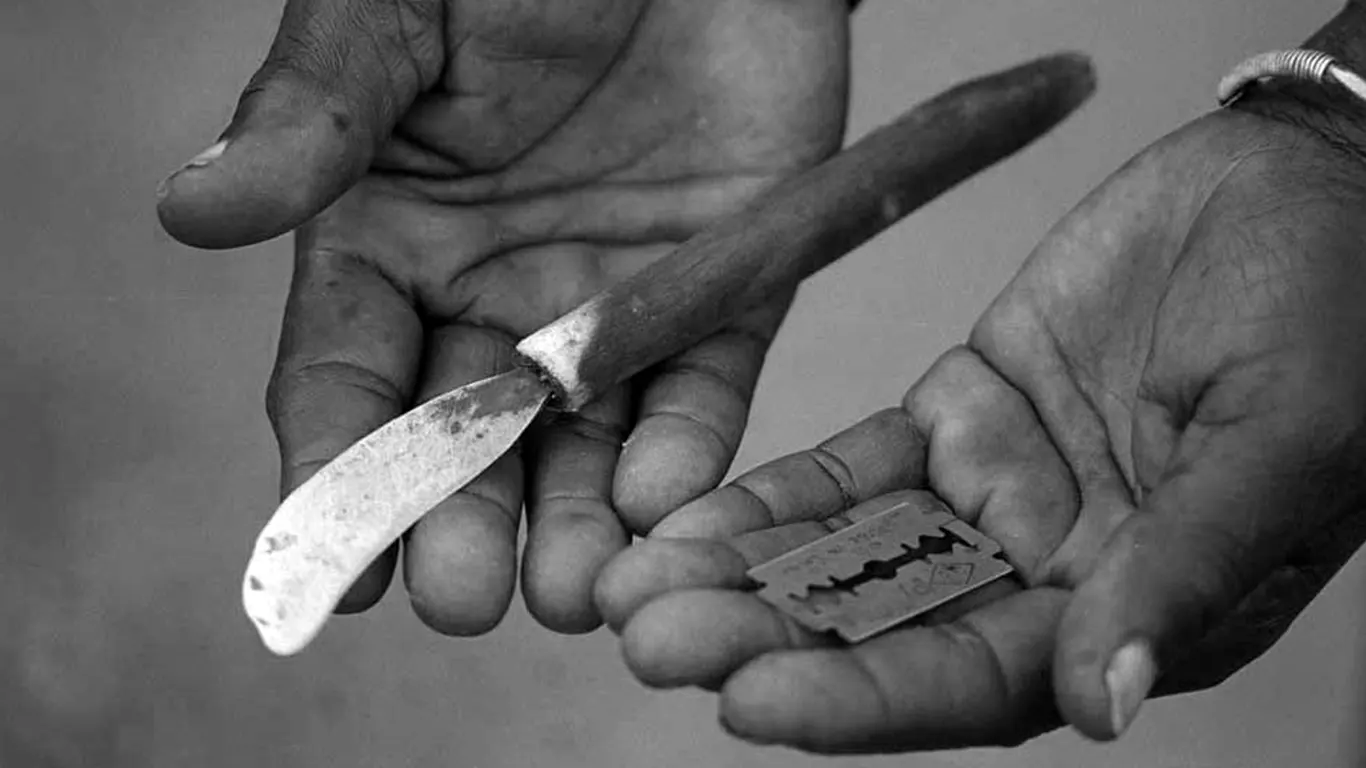Female genital mutilation (FGM) is an age-long harmful traditional practice which remain a significant global health challenge. It is internationally recognize as violation of the human rights of women and girls, as it violates established human rights principles, standards and norms. Likewise FGM is also considered an extreme form of the gender discrimination deeply rooted in socio-cultural beliefs and reflects gender in equality.


Types of FGM.
World Health Organization (WHO) classified Female Genital Mutilation into four major types based on the seventy and health risk associated with each type.
The partial or total removal of the clitoral glans (clitoris) or the prepuce (clitoral hood) or both.
The partial or the total removal of the clitoris and the labia minora, with or without removal of the labia majora(“the vagina lips”).
As known as infibulation, is the narrowing of the vaginal opening by creating a seal formed by cutting and repositioning the labia minora, or labia majora, sometimes through stitching with or without removing the clitoris and clitoral hood.
All other harmful procedures to the female genitalia for non medical purposes. e.g pricking, piercing, incising, flattening, scrapping e.t.c
FGM Practise.

Traditional Practice of FGM
The FGM practice is sometimes a public ceremonial event, while other times it is a private family affair. In Africa, perpetrators include traditional circumcisers, traditional birth attendants, older relatives or neighbors, traditionalists, etc., despite the fact that they lack prior and appropriate knowledge of human anatomy and medicine. Crude instruments such as knives, razors, scissors or sharp stones are often used.

Medicalization of FGM
The practice of FGM is said to be medicalized in a situation in which any category of health care provider performs FGM, whether in a public or private clinic, at home or elsewhere. FGM is not safe, regardless of who performs it.
Effects of FGM.
Female Genital Mutilation(FGM) has short-term and long-term health risks, with known health benefits.
Immediate Risks of FGM


Long-Term Risks of FGM
